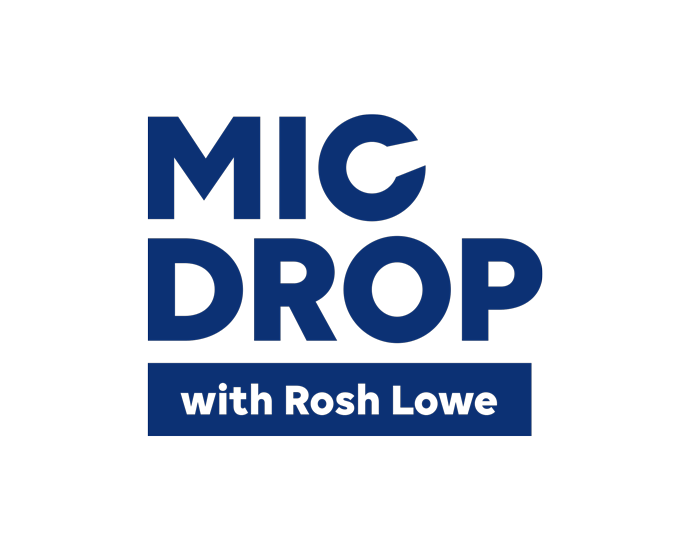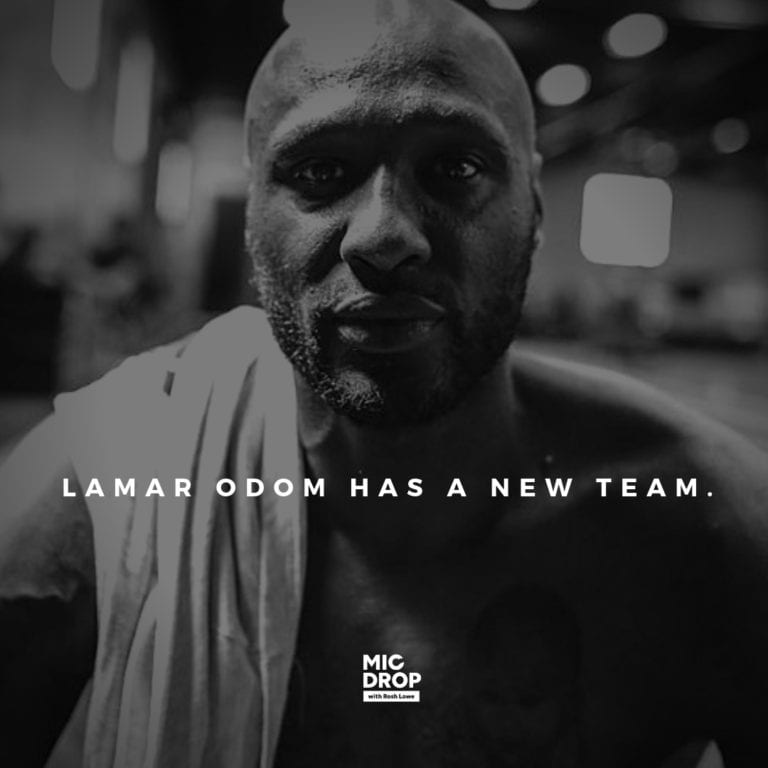By Rosh Lowe
Storytelling has tremendous therapeutic benefits. A personal narrative in a public setting benefits those listening who will relate, learn, and be inspired by the speaker.
But what is the benefit to the speaker? Many times, our self-limiting beliefs thrive in silence. The negative self -talk benefits from isolation. The verbalization of anxieties, fears, and struggles has a therapeutic effect.
In October 2018, the New York Times published an article exposing the benefits of expression quoting the work of James W. Pennebaker, a social psychologist at the University of Texas at Austin, “Dr. Pennebaker’s research has found that journaling about traumatic or disturbing experiences specifically has the most measurable impact on our overall well-being. In his landmark 1988 study, outlined in his book “Opening Up: The Healing Power of Expressing Emotion,” students were randomly assigned to write about either traumatic experiences or superficial topics for four days in a row. Six weeks after the writing sessions, those that had delved into traumatic experiences reported more positive moods and fewer illnesses than those writing about everyday experiences.
The real you is not the person who has been cut down by insecurity and self-doubt. The real you is powerful, strong, courageous. Why am I so confident when I say that? The hundreds of people I have trained all have one thing in common. In some way, their life experience has stolen their voices.
Larry ( Name and details changed to protect identity)
This change from panic to purpose was most evident in Larry, a thirty-something executive. Larry struggled with communication in the workplace. He never voiced his opinion in meetings, and it bothered him. This silence affected his self-esteem and he was tired of living this way. He heard about the personal growth benefits of my formula and set up an appointment.
“Larry, why do you think you can’t express your opinion?” I asked him.
“I have no idea. I just am that type of guy,” he said.
“You have always been that way?” I asked.
Larry took a deep breath.
“After my wife died I changed,” he said.
“Tell me about her.”
Larry went on to tell the story of his wife’s tragic death. She was a young woman who had a brain aneurysm, he was now raising their three daughters on his own.
“I’ll never forget that call,” he said. “She was driving when it happened. The police called me and told me my wife was in an accident. I went numb. I didn’t know how serious it was. I thought it was just a car accident.”
Larry was stuck in trauma. His wife had passed several years prior to our meeting and Larry was dealing with severe anxiety. He had taken this fear and transferred it to communication.
“Let’s come up with a speech about your wife,” I said. “How would you begin this speech? What is your message?”
Larry thought and cracked a grin, “just smile,” he responded. He continued, “It’s so ironic at work people are always taken aback by how often I smile. I smile for my wife. I know she doesn’t want me to be miserable. Quite frankly, I don’t have the luxury to be depressed. I need to be strong for my children. They need to see me smiling. So, I guess my message is just smile.”
“I love that,” I said.
“It’s a message that has kept me alive,” he said.
“Let’s make that smile authentic,” I told him. “I just don’t want it to be a mask. I want to make it real for you. I want you to start a charity for your wife, in her honor. What was her cause?” I asked.
“She loved giving money to an organization that helped brides and grooms who couldn’t afford to get married. She was a true romantic,” he said.
“So, let’s develop a speech for your new charity, “I said. “Even if this charity starts up in five years, let’s start right now crafting your speech for its launch. There will be no notes. I will give you cues. Let’s start with the theme. Go ahead.”
“Just smile, “Larry began, “That’s the way I have lived my life. Whatever comes my way I am able to just smile even though life is tearing me apart. I am able to smile even though I lost the love of my life.” he said.
“Ok go into character development, tell me about your first date with your wife. Pull the audience in,” I said.
“I remember seeing her face. Our first date was at an amusement park. She loved roller coasters. I think of her curly brown hair waving in the wind as we took that dive down the roller coaster. I knew this was the woman I wanted to marry. I can still see her face. Its frozen in my mind. We are on the roller coaster and she was laughing her infectious laugh and she was smiling.”
“Ok now go into drama. Build up to the moment that changed your life,” I said. “Start with your children.”
“I married her a year later, and we had three beautiful children. And then it happened. I got a phone call that changed my life. I was at home and the cops called and said your wife was in an accident She was taken to the hospital. I didn’t know. I just didn’t that she would die hours later. She had a brain aneurism. I was broken.”
“And what did you realize,” I asked him.
“I realized that I needed to do something that would honor her” he responded.
“Why?”
Larry thought for a moment. I was guiding him through my structure and giving him his realization.
“That would make my smile real,” he said. “It would give me and my children a higher purpose.”
This back and forth with Larry took about fifteen minutes. It was fifteen minutes that changed his life.
Why did this change occur? Larry lived a life where he was desperately afraid to show the world his struggle. That was his survival mode. But sometimes we develop a shield that is so thick, it blocks the good with the bad. Larry was unable to speak because he was afraid of showing weakness. In reality, his strength was in his vulnerability. This doesn’t mean that Larry had to tell everyone at work about his difficulties. But ignoring his battles and repressing his feelings was not beneficial.
Communication can help heal our struggle. It is in the communication where someone like Larry was able to rediscover and reframe his journey and use that power as a means to connect with other people. Larry began to speak up for himself at meetings. He worked on his goal of creating a charity to honor his wife and we spent several sessions structuring and rehearsing his speech, it was during these sessions where Larry understood his journey and his mission. His purpose was not to remain silent and repressed. His mission was to impact and uplift others. The smile was only the first step.
A year after I worked with Larry I was at a dinner party where I met Larry’s boss.
“Larry told me about you,” he said. “I want you to know that you have literally changed this guy in ways I could never imagine. He is speaking at meetings, he is interacting with his colleagues, he is alive again. You don’t just teach public speaking. That’s one side benefit,” he said. “You give people freedom.”




